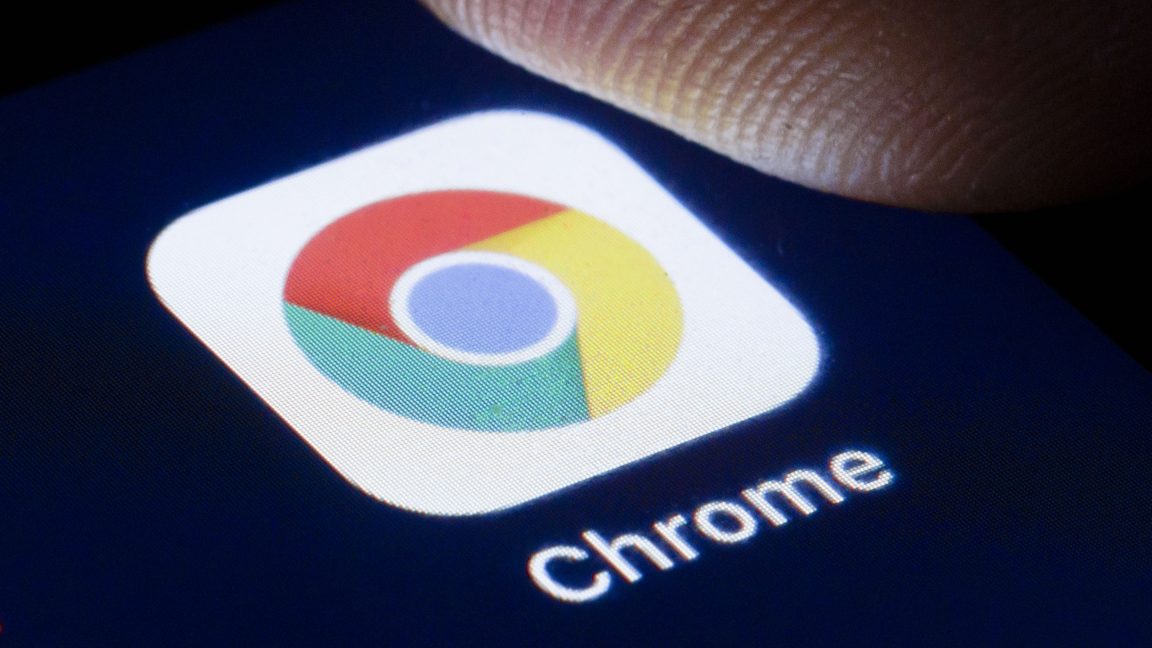Perplexity's Bold Bid for Google Chrome Amid Antitrust Turmoil

In a stunning turn of events following Google's significant antitrust loss, the tech giant might soon be compelled to relinquish one of its prized assets. The government's proposed solutions for the monopoly case include a requirement for Google to part with its market-leading Chrome browser.
Amidst this chaos, a surprisingly audacious offer has emerged from Perplexity, proposing a $34.5 billion bid—well over twice the company's valuation. Despite the enormity of the offer, Perplexity lacks the necessary capital.
Perplexity, buoyed by the AI craze, has seen its AI-driven search technology integrated into smartphones and its custom Comet browser has captured investor interest, netting around $1 billion in investment, pushing its valuation to approximately $14 billion. However, it does not possess the funds necessary to cover such an extravagant offer.
The startup's ambitious all-cash offer appears to be backed by various venture capital pools, though specifics remain undisclosed. This phenomenon underscores the vast amounts of capital circulating within the AI sector, enabling a company with limited cash reserves to propose buying a cornerstone asset like Chrome.
Throughout the recent trial season, numerous competitors expressed their interest in purchasing Chrome. Executives from other tech giants suggested transforming Chrome into a hub of AI-enhanced experiences, directly challenging Google's claims of inevitable ineptitude by any successor in managing the browser.
While Google has fervently contested the proposed divestment, viewing it as an extreme governmental overreach, there's more to the browser—a widely used open-source project, Chromium, powers several non-Google browsers, including Microsoft's Edge.
Perplexity's offer attempts to address this by allocating $3 billion to run Chromium for two years with promises of keeping the project fully open source, and pledging not to alter the browser's default search engine.
Currently, the industry anticipates a decision from United States District Court Judge Amit Mehta regarding the remedies. Although Perplexity's offer is ready, the path ahead might still be fraught with challenges.
Even with a court-mandated sale, there's no guarantee that Google would accept such an offer immediately, and the final sales price might eclipse Perplexity's bid, with some estimates venturing into the hundreds of billions.
Should a ruling enforce the sale, Google might face extended legal battles considering any sale's potential implications for user data—a critical element in AI development. Google’s prolonged data collection efforts through Chrome, though controversial, remain a known quantity compared to potential AI-first ownership.
An unsolicited proposal like Perplexity's might sow discord among stakeholders wary of an AI upstart, or venture coalition, overseeing Chrome. Regardless, the narrative underscores the evolving landscape of AI, technology monopolies, and the strategic value of browsers in the digital era.



